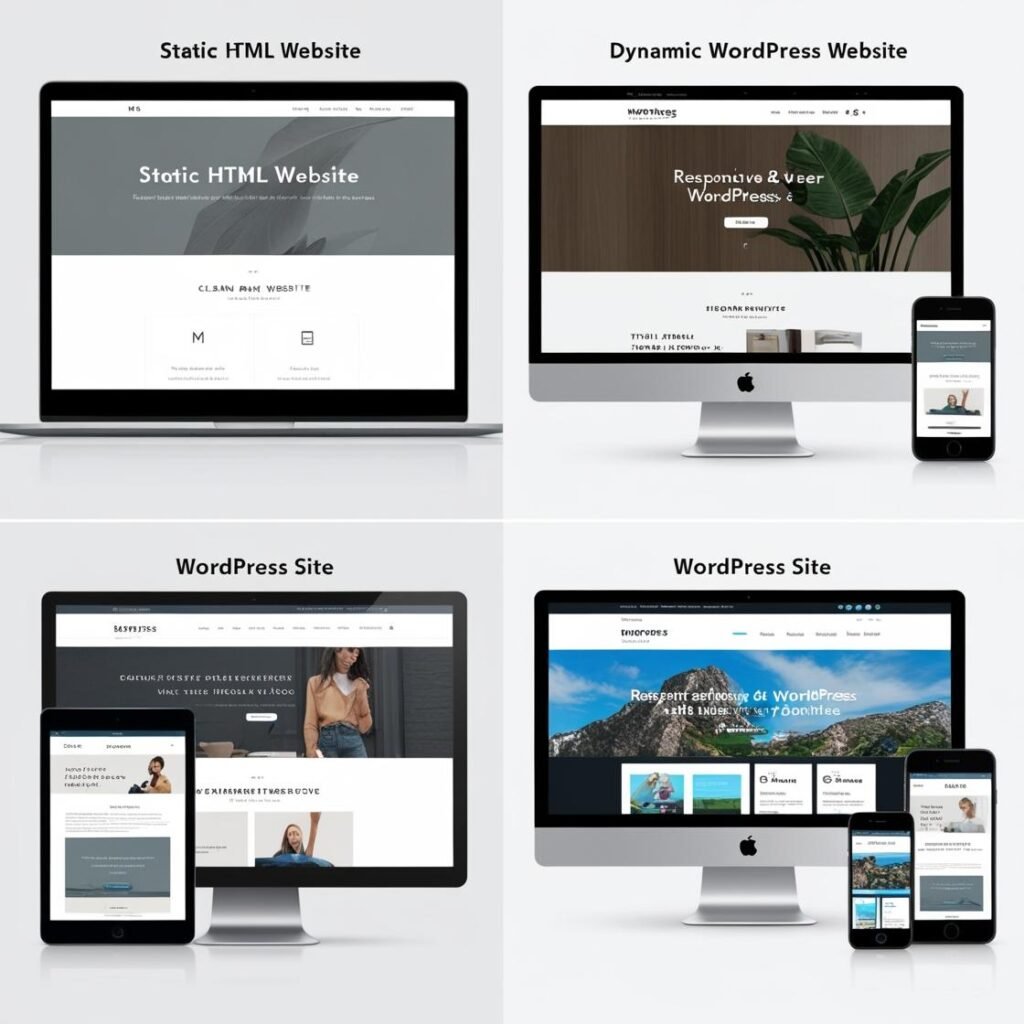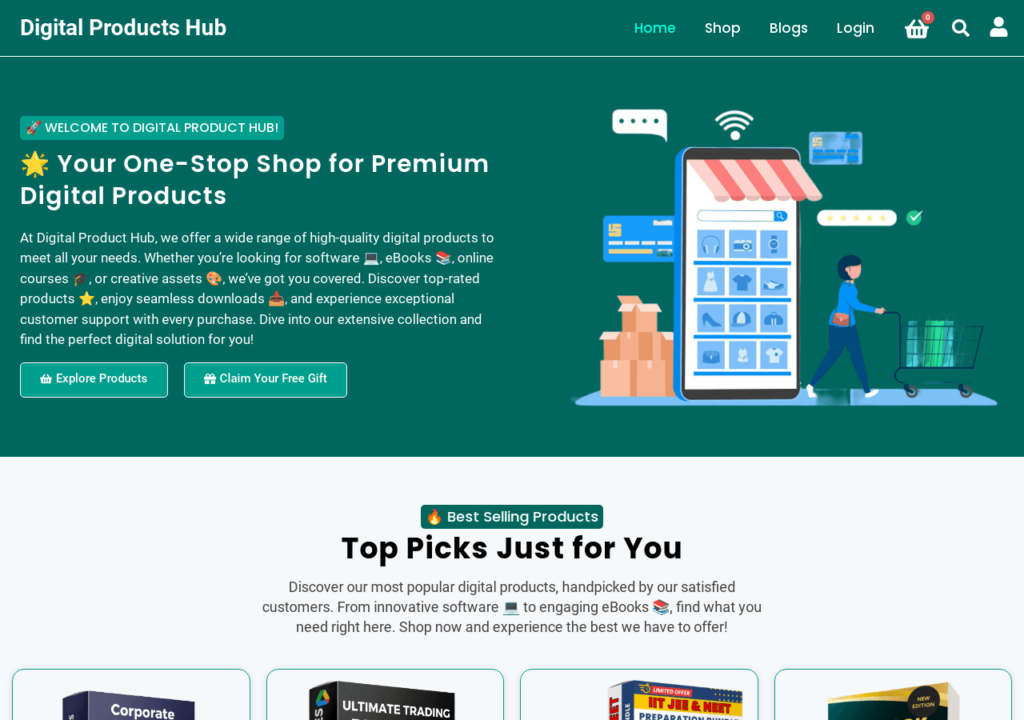Thinking about a career in software development? It’s key to start with programming basics. Learning to code might look tough, but with the right tools, you can get good at Popular Programming Languages. In software development, knowing how to code is vital for making new solutions.

In India, the need for skilled programmers is growing. Knowing programming basics, coding skills, and software development can lead to new job chances. You’ll learn how to start coding and pick the best language for you, preparing you for software development success.
Introduction to Coding
Getting good at popular programming languages takes hard work and practice. As you start, you’ll see how important programming basics, coding skills, and software development are. They help create the latest tech solutions.
Key Takeaways
- Learning to code can boost your career in software development
- Mastering popular programming languages needs a solid foundation in programming basics
- Coding skills are key for making new software solutions
- Software development is a fast-growing field needing more skilled programmers
- Picking the right programming language is important for software development success
- Practicing coding and programming basics keeps you competitive in the industry
Understanding the Fundamentals of Programming
Starting your programming journey means learning the basics. You need to know about variables, data types, and control structures. Functions and object-oriented programming are also key. These basics help you learn more Popular Programming Languages and solve tough problems.
Algorithmic thinking is vital too. It’s about breaking down big problems into smaller ones. Then, you find a step-by-step solution. This skill makes your code better and more efficient.
To start, learn about loops, conditional statements, and functions. Explore computer science too, like data structures and algorithms. Mixing these with algorithmic thinking will make you a skilled programmer.
Basic Programming Concepts
- Variables and data types
- Control structures, such as loops and conditional statements
- Functions and modules
Computer Science Principles
- Data structures, such as arrays and linked lists
- Algorithms, such as sorting and searching
- Software design patterns, such as object-oriented programming
Algorithmic Thinking
Mastering the basics, computer science, and algorithmic thinking prepares you for many challenges. It builds a strong base for your programming future.
Choosing Your First Programming Language
There are many Popular Programming Languages out there, making it hard to choose the right one. Think about what you want to do with your coding skills. Do you want to work on web development, mobile apps, or data analysis? Each field has its own favorite programming languages.
Popular choices for beginners include Python, Java, JavaScript, and C++. Each has its own strengths and weaknesses. For instance, Python is easy to learn and versatile. Java is great for working on different platforms and has a big community of developers. Think about your goals, job prospects, and what projects you like when picking a language.
Here are some important things to consider when picking your first programming language:
- Ease of learning: Look for languages with simple syntax and minimal setup requirements.
- Job prospects: Research the demand for developers in your desired field and the programming languages they use.
- Personal interest: Choose a language that aligns with your interests and goals, whether it’s web development, game development, or data science.
Success in programming starts with a language you enjoy. As you get better, you can learn more languages and grow your skills.
Read Aslo: Start Freelancing Today: A Step-by-Step Guide to Freelance Work
Essential Tools for Learning to Code
Starting your coding journey? You’ll need the right tools to learn well. Code editors, version control systems, and online learning platforms are key. A code editor like Visual Studio Code, Sublime Text, or Atom is essential for writing and editing code.
Version control systems like Git and GitHub help manage your code and work with others. Online platforms like Codecademy, FreeCodeCamp, and Coursera offer interactive lessons and exercises to practice.
Code Editors and IDEs
Code editors make coding easier with features like syntax highlighting and auto-completion. Some top choices include:
- Visual Studio Code
- Sublime Text
- Atom
Version Control Systems
Version control systems track changes and help you work with others. Git and GitHub are well-known for their features like:
- Version tracking
- Collaboration tools
- Code review
Online Learning Platforms
Online platforms offer interactive lessons and exercises for learning. Some popular ones are:
- Codecademy
- FreeCodeCamp
- Coursera
Using these tools will help you learn to code and become proficient. Choose tools that fit your needs and style. Don’t be afraid to try new things.
How to Learn Programming Languages Effectively
To learn programming languages, you need to develop effective learning strategies that work for you. This means setting goals, making a study schedule, and practicing often. Breaking down complex topics into smaller parts helps you make steady progress in learning coding skills.
Online resources and tutorials are great for learning. They offer interactive lessons and exercises. Joining online communities can also help you stay motivated and get support from others. Some top places to learn include Codecademy, Coursera, and edX.
Here are some tips to help you learn programming languages effectively:
- Start with the basics: Understand the fundamentals of programming, including data types, variables, and control structures.
- Practice regularly: Regular practice helps to reinforce your learning and develop muscle memory.
- Work on projects: Apply your knowledge by working on real-world projects that interest you.
By following these tips and using effective learning strategies, you can quickly acquire programming languages and develop a strong foundation in coding skills. Remember to stay motivated, be patient, and have fun while learning.
With persistence and dedication, you can become proficient in multiple programming languages. This can greatly enhance your career prospects in the tech industry.
| Programming Language | Level of Difficulty | Job Prospects |
|---|---|---|
| Python | Easy | High |
| Java | Medium | Medium |
| C++ | Hard | High |
Building Your Learning Roadmap
To reach your programming goals, making a learning roadmap is key. This means setting goals to know what you aim to do and by when. A good roadmap helps you learn to code smoothly, keeping you focused and driven.
Having a study schedule is a big part of your roadmap. It should fit your life and how you learn best. A schedule helps you keep moving forward and reach your targets.
Here are some tips for a great learning roadmap:
- Make SMART goals that are specific, measurable, achievable, relevant, and time-bound
- Divide big goals into smaller, easier tasks
- Use tools like habit trackers and progress journals to track your journey
By using these tips and making a solid roadmap, you’ll use your time wisely. Always check and update your roadmap to show your progress and any changes in your goals or schedule.
| Goal Setting | Study Schedule | Tracking Progress |
|---|---|---|
| Define SMART goals | Create a realistic schedule | Use habit trackers and progress journals |
| Break down larger goals into smaller tasks | Set aside dedicated time for studying | Regularly review and update your roadmap |
Practice Methods That Actually Work
To get better at coding skills, you need to practice often. Joining coding challenges is a great way to do this. Sites like HackerRank, LeetCode, and Codewars have lots of challenges. They help you grow your software development abilities.
Another good practice is working on projects. You can start a personal project or help out on open-source software on GitHub. This way, you can use what you’ve learned and keep improving your practice methods.
Here are some ways to practice coding:
- Join coding challenges on sites like HackerRank, LeetCode, and Codewars
- Work on personal projects to apply what you’ve learned
- Help out on open-source software on GitHub
By using these practice methods regularly, you can boost your coding skills. You’ll become a skilled software developer. Always keep practicing and pushing yourself to get better at software development.

Common Challenges and Solutions in Programming
As you move forward in programming, you’ll face obstacles. Debugging is a big one, taking up a lot of time and effort. But, with the right methods, you can beat these hurdles and keep improving.
When you hit a learning plateau, it’s time to rethink your approach. Look for help online, take breaks, or review what you’ve learned. This can help you move past the plateau and keep advancing.



Managing Information Overload
There’s so much information out there, it can feel overwhelming. To deal with information overload, focus on what’s most important. Use tools like flashcards or concept maps to help you remember and organize what you learn.
- Break down complex problems into smaller, manageable tasks
- Use online resources, such as forums or tutorials, to supplement your learning
- Join a community of programmers to connect with others and learn from their experiences
Knowing about these challenges and having strategies to tackle them will keep you on track. You’ll continue to grow and improve in your programming journey.
Resources for Practical Experience
To get practical experience in programming, check out different resources. They help you improve your coding skills and use them in real projects. Internships are a great way to get hands-on experience in software development. Look for them on Internships.com, WayUp, and Glassdoor.
Creating personal projects is another good way to gain practical experience. You can build a website, make a mobile app, or work on open-source projects. This lets you use your software development knowledge to solve real problems. It also shows your skills to future employers.
Some top resources for practical experience include:
- Internship platforms like Internships.com, WayUp, and Glassdoor
- Coding boot camps for hands-on software development training
- Personal projects to show off your coding skills and experience
- Open-source projects to contribute to real software development work
Using these resources can help you get the practical experience needed for software development. You’ll also develop the coding skills that employers want.
Building Your First Programming Project
Starting your first programming project is exciting. But, it’s key to plan well. This means defining what you need, designing it, and setting a deadline. Good planning keeps your project on track and meets its goals.
With a plan in hand, you can start writing your code. It’s important to write clean, easy-to-read code. This makes your project easier to fix and maintain.
Once you’ve written your code, it’s time to test and debug. This is when you find and fix errors. You’ll use tools and methods like unit testing to check your code.
Here are some important steps for testing and debugging:
- Identify and prioritize errors
- Use debugging tools to diagnose issues
- Write test cases to ensure code quality
By focusing on planning, coding, and testing, you can make your project a success. Remember, it takes time and effort, but it’s worth it.

Building a programming project is a journey. With hard work and dedication, you can create something you’re proud of.
| Phase | Description |
|---|---|
| Project Planning | Define requirements, create a design, and set a timeline |
| Code Implementation | Write clean, readable code that is easy to maintain and debug |
| Testing and Debugging | Identify and fix errors, ensure code quality |
Joining the Programming Community
As you keep learning to program, it’s key to meet others who love it as much as you do. Being part of the programming community offers many benefits. You can find online groups like Reddit’s r/learnprogramming, Stack Overflow, and GitHub. These places let you talk to other programmers, ask questions, and learn from their stories.
Going to local meetups and conferences is also a smart move. You can meet other programmers and learn about new tech. Websites like Meetup.com or social media can help you find these events. They offer chances to meet people, learn from experts, and get into workshops.
Code review sites are another great way to get better at coding. Sites like GitHub, GitLab, and Bitbucket let you share your code. You get feedback and tips to make your projects better. This is a great way to learn and grow as a programmer.
Benefits of Joining the Programming Community
- Networking opportunities with other programmers
- Access to valuable resources and support
- Opportunities for growth and learning
- Feedback and constructive criticism on your projects
Being part of the programming community can really boost your skills. You’ll learn from others and keep up with new tech. Whether you’re new or experienced, there’s always something to gain. From online forums to local meetups and code review sites, there’s a lot to explore.
Career Opportunities in Programming
As you get better at programming, you’ll find many career opportunities waiting for you. The need for skilled programmers is growing fast. This means lots of job prospects in software development.
Popular jobs include software engineer, data scientist, and product manager. To get ready for these roles, focus on learning programming languages, data structures, and algorithms. Also, make sure your resume, cover letter, and online profile stand out.
Here are some tips to boost your job prospects in programming:
- Build a portfolio of projects to show off your skills
- Connect with other programmers and go to industry events
- Keep up with the newest trends and tech in software development
With the right skills and experience, you can open many doors in programming. You’ll find success in software development.
| Career | Job Description | Average Salary |
|---|---|---|
| Software Engineer | Design, develop, and test software programs | $100,000 – $150,000 |
| Data Scientist | Analyze and interpret complex data to inform business decisions | $120,000 – $180,000 |
| Product Manager | Oversee the development and launch of new products | $150,000 – $200,000 |
Conclusion: Your Journey to Programming Mastery
As you finish this guide, know that your programming journey never ends. Learning a programming language is a lifelong journey, not a single goal. Keep learning new skills, stay current with trends, and explore advanced topics like AI and cybersecurity.
It’s important to have a growth mindset and deal with imposter syndrome. Find a supportive community, get mentors, and face software development challenges head-on. By practicing, learning, and reflecting, you’ll become a skilled programmer.
Your path to programming mastery is personal. Believe in yourself, celebrate your wins, and keep growing. The tech world’s future is bright, and you’re part of it.
FAQ
What are the basic programming concepts I need to learn?
You need to learn about variables, data types, and control structures. Also, functions and object-oriented programming are key. These basics are essential for a strong programming foundation.
How do I choose the right programming language for me?
Think about what you want to learn, what jobs are available, and what you find interesting. Python, Java, JavaScript, and C++ are good choices. Pick the language that matches your goals and interests.
What are some essential tools for learning to code?
You’ll need code editors like Visual Studio Code and Sublime Text. Also, use version control systems like Git and GitHub. Online platforms like Codecademy and Coursera are great for learning.
How can I effectively learn programming languages?
Set achievable goals and stick to a study plan. Practice coding regularly. Break down hard topics into smaller parts and use online resources. Joining online communities can also help.
What are some common challenges in programming and how can I overcome them?
Debugging and learning plateaus are common. Use tools like print statements and debuggers. Take breaks and ask for help when needed. Focus on the most important topics to stay motivated.
How can I gain practical experience in programming?
Try internships, coding boot camps, and personal projects. Internships give you real-world experience. Boot camps provide intense training. Personal projects showcase your skills.
How can I join the programming community and network with other developers?
Join online forums and attend tech meetups. Use platforms like GitHub for code reviews. These help you connect with others, get feedback, and learn about new trends.
What are the career opportunities available in programming?
Programming offers many careers like software engineer and data scientist. These jobs have good pay and growth chances. They are in high demand.


